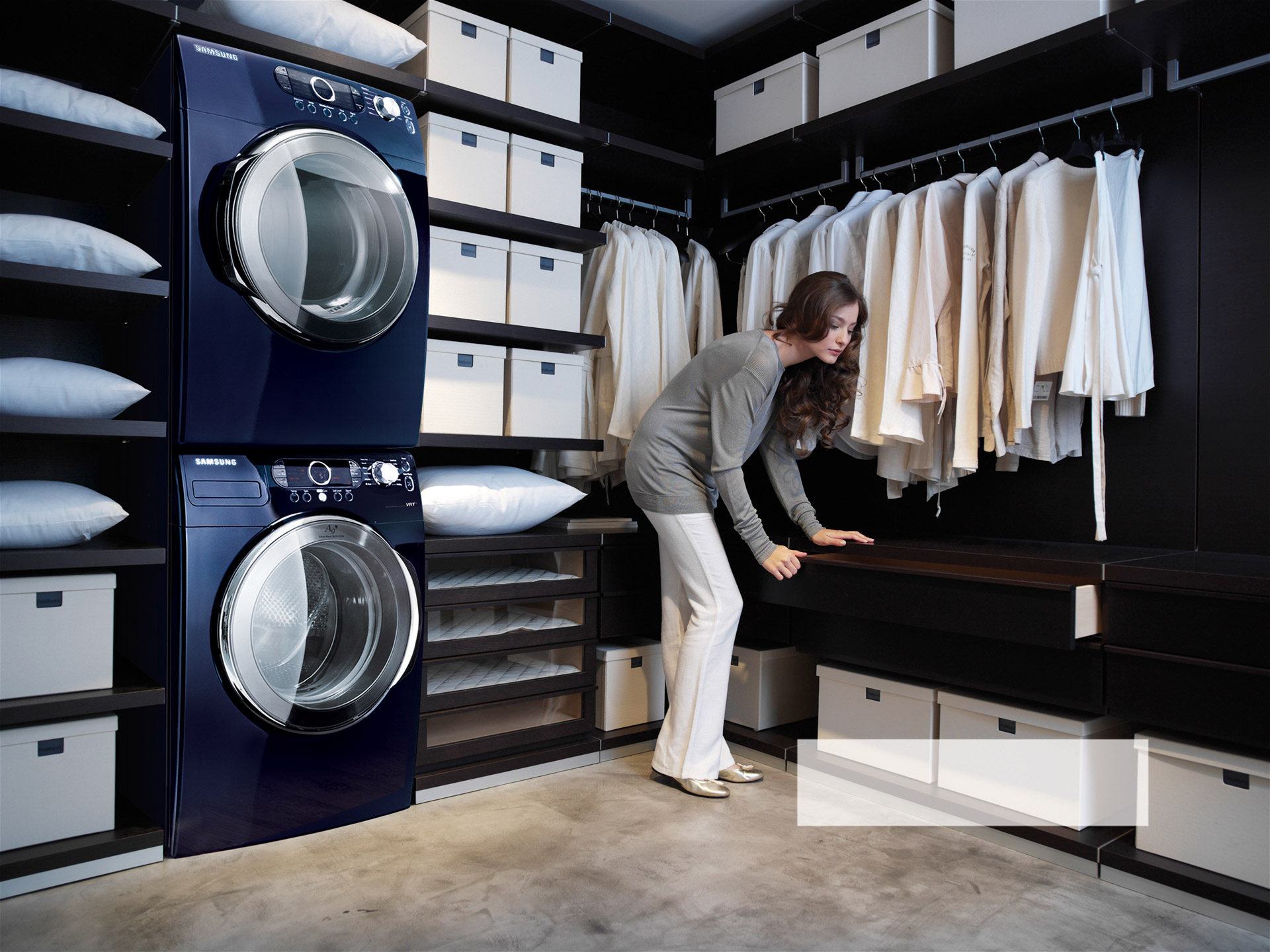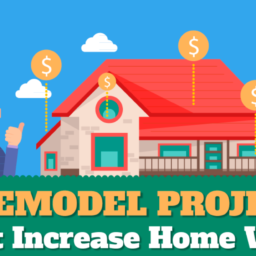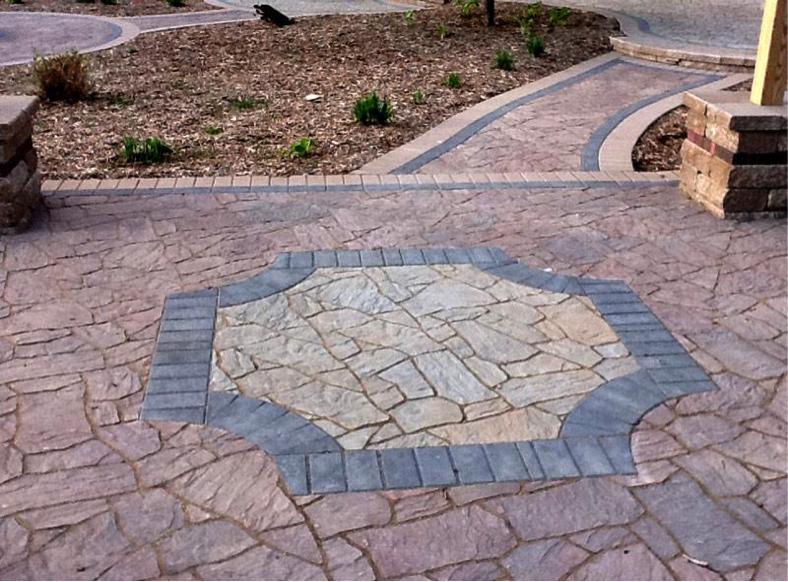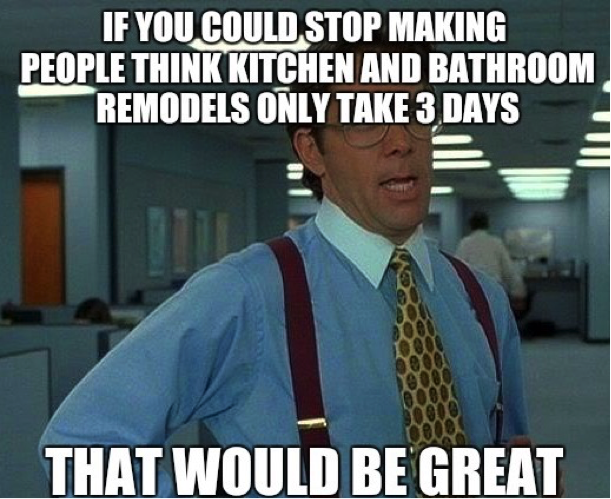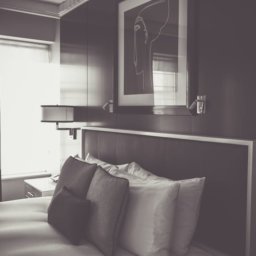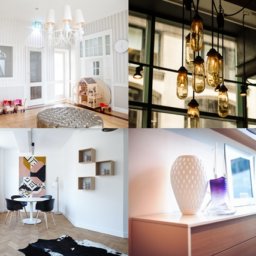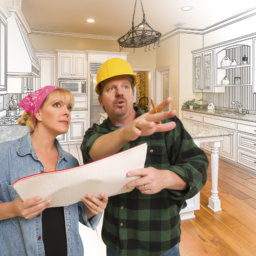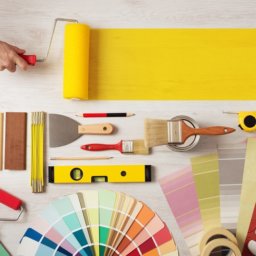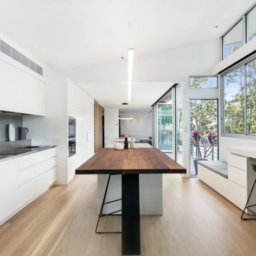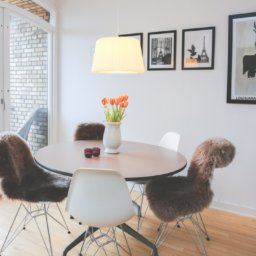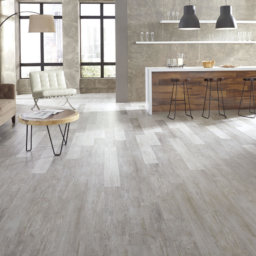Awnings can dramatically improve your outdoor spaces, making them livable and enjoyable all year round. By providing shade, outdoor entertaining or dining spaces like patios and decks become usable no matter what the weather.
Whether you’re hosting a BBQ during the summer and want your guests to be protected from harsh UV rays, or want to enjoy a cup of coffee on a rainy morning without getting drenched, awnings will have you covered.
Business-owners, particularly those running cafes and restaurants, can also benefit hugely from installing awnings to their business. Al-fresco dining is a huge attraction for customers, and awnings allow for the enjoyment of the outdoors no matter the weather. Awnings also protect your window frames and outdoor furniture from the elements, while still allowing you to enjoy the view from indoors, unlike blinds.
So, if you’ve decided you need to install awnings at your home, how do you go about deciding on the best awnings for you? Here are some of the things we recommend considering when choosing awnings:
Different materials require different amounts of maintenance and suit the look of certain homes over others.
The two most common materials are outdoor fabric and aluminum:
- Outdoor fabrics come in a range of colors but require more maintenance than aluminum blinds.
- Aluminum blinds are sturdy, but generally, don’t allow for as much customization when it comes to design and colors.
The angle of an awning is something that people may overlook but is actually very important for the overall performance.
For windows facing east or west, the size of the drop is recommended to be 65-75% for optimal performance. For a south-facing window, the drop can be as low as 45-60% as less coverage is needed due to the angle of the sun.
For a south-facing window, the drop can be as low as 45-60% as less coverage is needed due to the angle of the sun.
Some people may also want the added feature of side panels, which changes the architectural feel and look of the awnings. These panels can also be good for providing coverage from a different
These panels can also be good for providing coverage from a different direction if more shade or protection is needed.
The type of awning is also a very important point to consider. Roll up and retractable awnings allow you to control the awnings, meaning you can gain maximum natural sunlight during winter if you choose to.
Retractable awnings are therefore especially appropriate for patios or decks, allowing you to adjust it when not in use. With the use of motors and switches, retracting the awning becomes a breeze. Especially advanced models have automatic sun and wind sensors, meaning you don’t need to tinker with it every time the weather changes.
However, bear in mind that retractable awnings are generally not designed to withstand heavy rains, high winds or snow. If bad weather strikes, retract your awnings so they are not damaged.
Freestanding awnings are also commonly used for patios, decks or terraces. They effectively segment a space, which is great if you would like to designate a separate area to the BBQ, for example. Businesses also love free-standing awnings, as they can be used to double up as an advertisement.
The size of your awnings will depend on its purpose and the overall size of your space.
A small awning looks lovely as a decorative piece, while a bigger awning provides greater coverage and more shade to your outdoor space.
A range of awning styles is available to match the overall look of your home or business.
Some of the popular include traditional with closed or open sides, dome style, double bar standard, waterfall, quarter barrel, gable walkway and semi-circular entrance.
Speak to an architect or a shade and blinds company to determine the best style for your home or business’s design.
The basic rule of choosing a color is simply to think of what compliments the overall look of your home or business.
Generally, lighter colors are preferred as they block and reflect sunlight and heat.
Also, don’t forget to consider how your awnings complement your interiors!
By choosing complementary styles and colors, you can create a beautiful sense of flow between your indoor and outdoor spaces.
Key Takeaway
After considering all the above factors and looking at what’s available on the market, you will be in a good position to know what you require from your awnings.
From there, seeking out custom awnings from an experienced company will allow you to get the perfect awnings for your needs.


